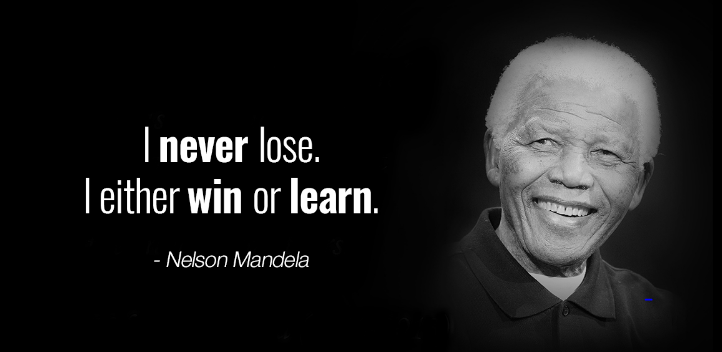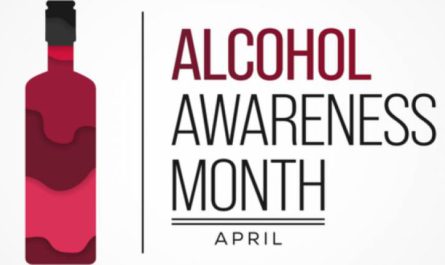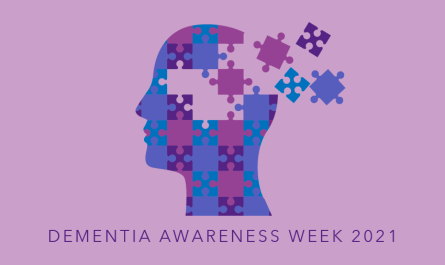Nelson Mandela International Day
Every year on July 18, Nelson Mandela International Day is observed. In addition to celebrating Mandela’s incredible life and legacy, it offers a chance to raise awareness of the value of mental health and well-being in society. This day serves as a reminder of Mandela’s resilience and steadfast dedication to justice and equality, traits that strongly align with the ideals of mental health and the encouragement of emotional well-being.
Nelson Mandela, often known as Madiba, was a symbol of inspiration and hope for people all over the world. Mandela, who was born on July 18, 1918, in Mvezo, South Africa, devoted his entire life to the struggle for liberty, justice, and human rights. He made considerable personal sacrifices as a well-known anti-apartheid activist, including serving 27 years in prison. Mandela, however, became South Africa’s first black president to be legitimately elected in 1994, emerging as a figure of resiliency and forgiveness in the process. But despite the adversity, he showed incredible fortitude by clinging to hope and nurturing his spirit. Mandela’s resilience in the face of difficulty serves as an example for others aiming for mental health.
The opportunity presented by Nelson Mandela International Day allows us to discuss the stigma and discrimination associated with mental illness. Mandela himself recognized the value of mental health when he said, “There is no health without mental health.” We can foster an atmosphere that encourages getting treatment and lessens the stigma attached to mental health disorders by increasing awareness and fostering conversations about mental health.
The central theme of Nelson Mandela International Day is “Take Action, Inspire Change, Make Every Day a Mandela Day.” It inspires others to follow Mandela’s legacy by devoting 67 minutes of their time—representing the 67 years Mandela spent in public service—to perform deeds of compassion and service to others in keeping with Mandela’s sense of community and compassion. These behaviors can include helping others through volunteering, raising money for good causes, supporting human rights, or starting projects that deal with societal problems.
In order to increase mental health awareness and empowerment, education is essential. Nelson Mandela International Day can be used as an occasion to offer educational materials, workshops, and training courses that concentrate on stress reduction methods, self-care strategies, and mental health literacy. By giving people the knowledge and abilities they need, we can enable them to support others in their communities and take care of their own mental health.
The life of Nelson Mandela shows us the value of resilience and self-care. People can take part in activities that improve their resilience on this day, such as mindfulness exercises, writing, or gratitude exercises. Individuals gain by encouraging self-care behaviors and resilience-building activities, which also enhances communities’ general mental health and wellbeing.
Nelson Mandela International Day serves as an important reminder of both Nelson Mandela’s lasting contributions to society and the significance of mental health and well-being. We can promote supportive environments, fight stigma, and enable people to give their mental health the priority it deserves by combining the values of Mandela’s journey with those of mental health promotion. Let’s take advantage of this day to bring about long-lasting change and make a positive impact on the creation of a society where mental health is valued and people may prosper.




